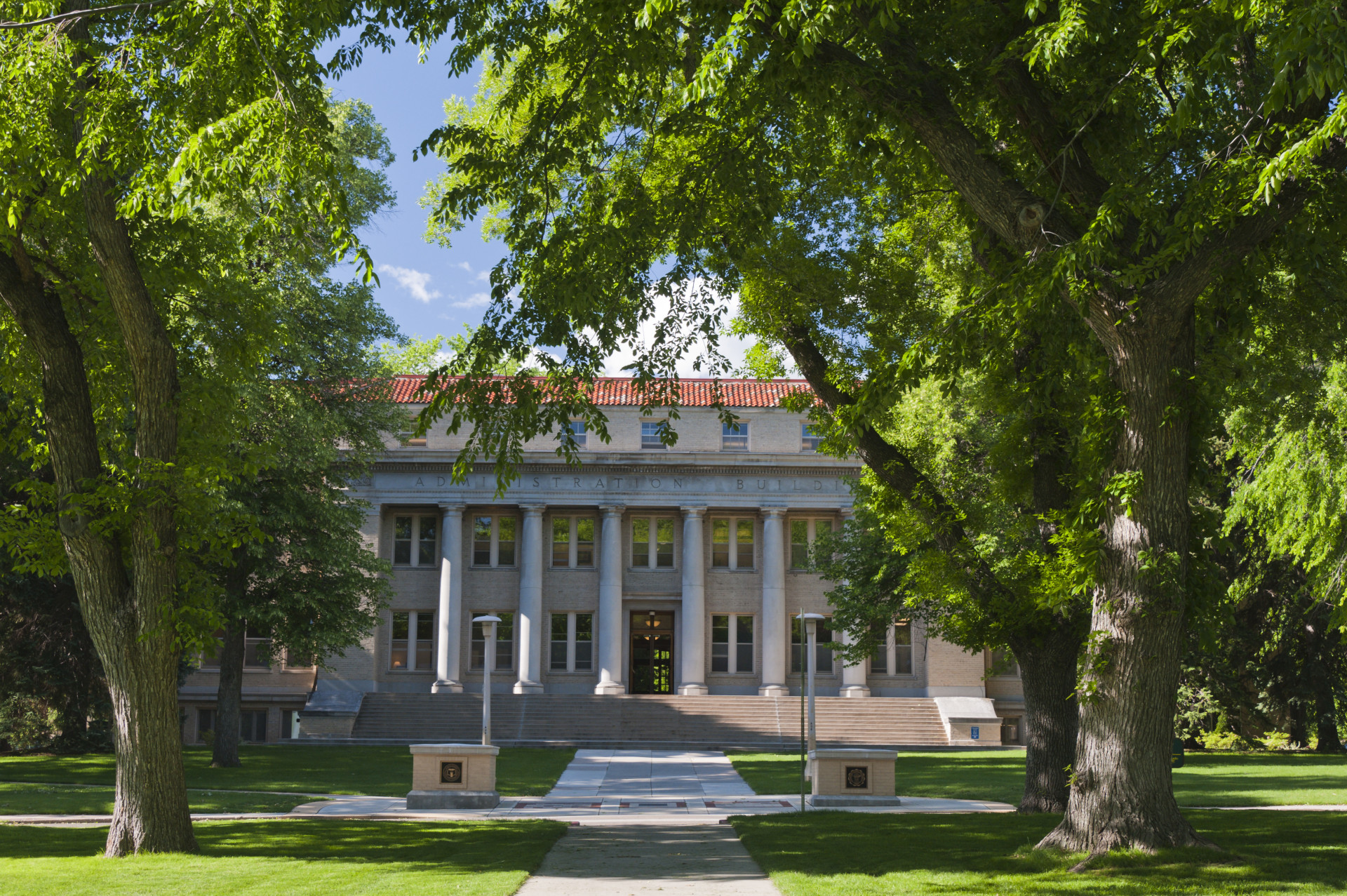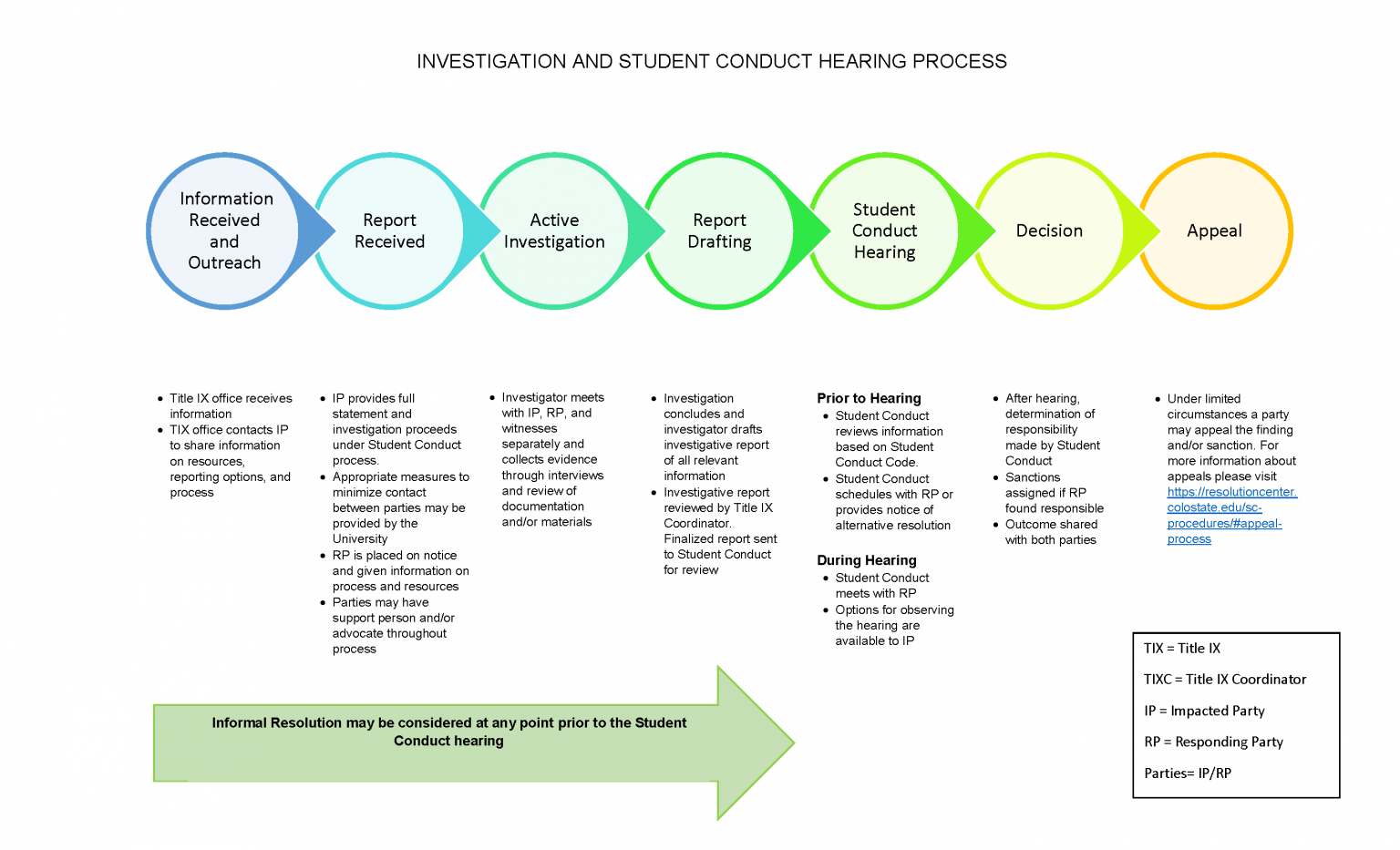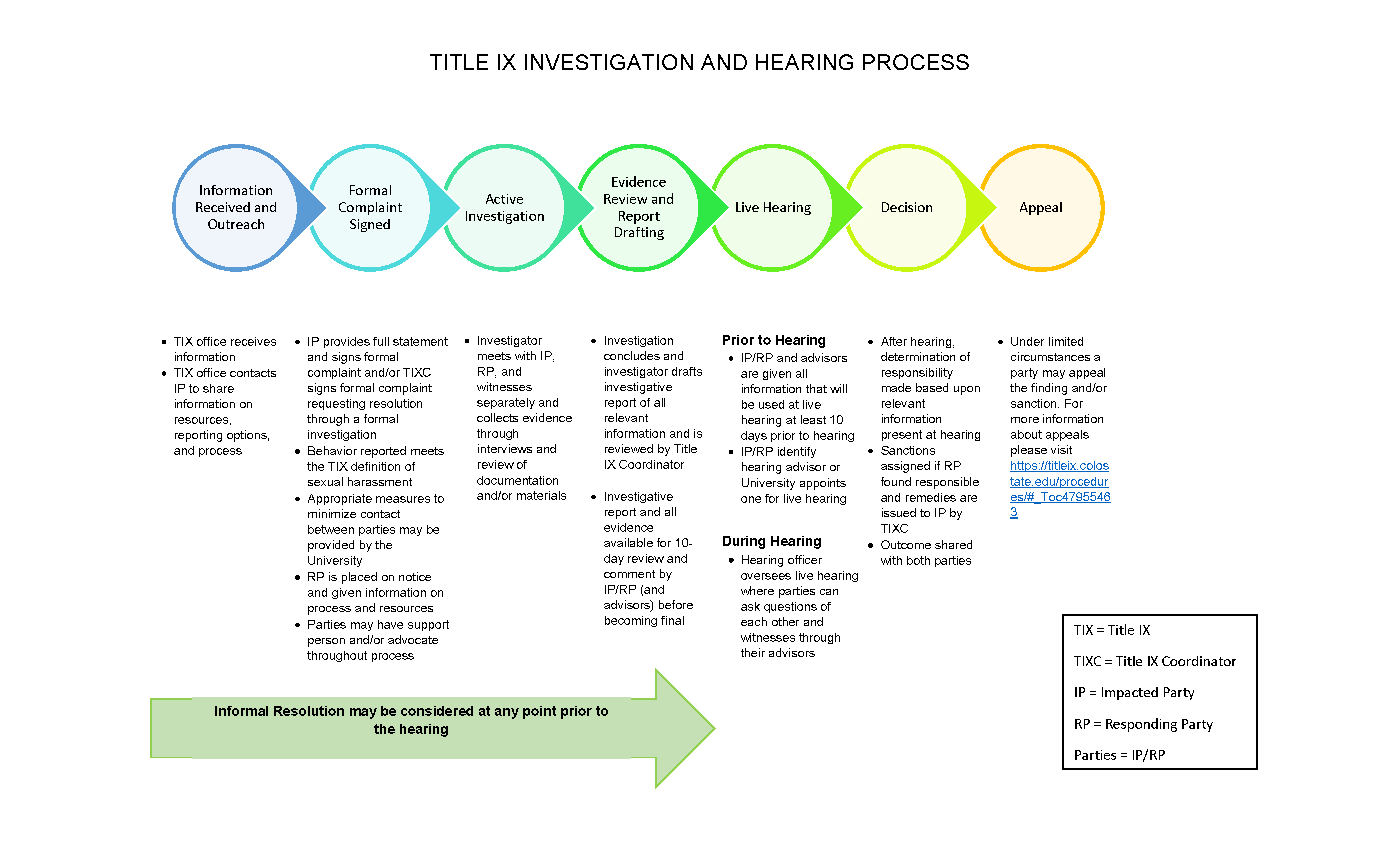
New outreach to students, new trainings and a new reporting system and review process for concerns within Colorado State University Athletics are among the outcomes of the president’s action plan following last year’s review of the culture in Athletics, which resulted in an overall positive review accompanied by several recommendations.
The new Implementation Status update shows progress on the four recommendations in the report by Husch Blackwell and the action plan that the president shared in November 2020. The update is shared on the president’s website along with previous related documents, reports and messages about the report and action plan.
“The well-being of our students is at the heart of our efforts, and I am pleased to see this progress on the action steps identified as a result of the recommendations in the Husch Blackwell report,” CSU President Joyce McConnell said. “I am also committed to transparency and accountability, which is why we’ve posted the implementations. I commend Joe Parker, Albert Bimper and others in Athletics, as well as the President’s Committee on Climate in Athletics, for their commitment to implementing these recommendations, and look forward to continued progress across the action plan.”
Status of action items
Many items on the president’s action plan have been completed or are in place and ongoing, while some are in development. Items connected with the Office of Inclusive Excellence were deferred temporarily and will now continue following the search for, and hiring of, CSU’s new vice president for Inclusive Excellence, Kauline Cipriani.
According to the 2020 independent review of Athletics by Husch Blackwell, “Most student-athletes who participated in the investigation disputed allegations of pervasive racial inequities or harassment within their athletic team or the Athletic Department more broadly. Witnesses who expressed concerns identified specific incidents that evidenced racial insensitivity or reinforced racial stereotypes. Few individuals alleged that such incidents were widespread or tolerated by current coaching staff.”
Investigators also noted that “many individuals from different races, teams, and employee roles are personally and emotionally struggling with the national reckoning around issues of racial justice and equity. Many of them expect their teammates, coaches, colleagues, administrators, and the University to engage in more meaningful and sustained dialogue around issues of race and do more to effectuate change.”
The report and related documents are posted on the President’s website.
Outreach and trainings
Since that report, and in alignment with the president’s action plan, the President’s Committee on Climate in Athletics (PCCA) and/or the Department of Athletics have implemented several new types of outreach for students and their families, and trainings for staff and students, including:
- Establishment of the Student Athlete Information Center
- Amplification of the Department of Athletics’ commitment against retaliation and the University’s policies that prohibit retaliation. This is done through web pages; email to student athletes and their families, coaches and staff; inclusion in the monthly student-athlete email newsletter; and review during the department’s mandatory all-staff meeting, including a requirement that coaches and staff sign an acknowledgement that they received and reviewed the policy.
- Expanded mandatory diversity trainings in Athletics for staff and student athletes
The members of the PCCA include the assistant vice president of Student Affairs over Student-Athlete Support Services; the NCAA faculty athletics representative; the chair of the Faculty Council Committee on Intercollegiate Athletics; the vice president for Equity, Equal Opportunity and Title IX; the executive director of Human Resources; and a representative from the Office of the General Counsel.
The University also recently launched an optional Diversity, Inclusion and Belonging module available to all students. This was the result of requests over time by students to have such a training available, and while not a direct outcome of the Athletics reports, it does align with the goals of the action plan.
Health, safety are top priority
CSU Director of Athletics Joe Parker says that while the findings of the independent review by Husch Blackwell were generally positive, the recommendations and the department’s ongoing commitment to student success have resulted in even greater systems and communications efforts to help students succeed.
“The health and safety of Colorado State students and staff are the top priority of the Department of Athletics and University, and as such, we continuously monitor the environment and implement practices to ensure health and safety at the highest level,” Parker said. “That has always been and remains our commitment.”
In December the Board of Governors of the CSU System issued a statement saying, “We respect the experiences of individual student-athletes, and our commitment to student safety is unambiguous. We believe the Department of Athletics is aligned with these views and that the facts paint a rather different picture of the culture of the Department of Athletics than what has been alleged.” The Board pointed out that in reviews and investigations of Athletics, including the Husch Blackwell review, “modest suggestions for process improvements were made and have been acted upon with seriousness and a commitment to continuous improvement,” and that “CSU has repeatedly demonstrated a commitment to be self-assessing and always striving to improve.”
Effects of confidentiality
Parker says a challenge is that the university can’t discuss personnel matters, giving the outside impression nothing is being done, when in fact any relevant processes are in high gear. In addition, when addressing complaints or personnel matters much of the process happens – by design – outside of Athletics, which is not an investigative unit of the university.
“The University has established important confidential reporting and review practices to protect the safety and well-being of all individuals and the integrity of the review process related to each case,” Parker said. “Once a report is submitted or referred to the Division of Equity, Equal Opportunity and Title IX, it is out of Athletics hands, including all communications about the process and outcomes. This intentional separation is important for a comprehensive and independent review.”
Typically, the specific outcomes of those processes also can’t be shared, sometimes resulting in the appearance and subsequent criticism that nothing happened, or that an unwelcome outcome was the result of bad policies or procedures, rather than the result of a system that is well-considered and thorough, and private out of necessity.
“We have strong processes in place and committed and impartial staff to address or investigate when we hear about concerns or incidents,” said Diana Prieto, CSU’s vice president for Equity, Equal Opportunity, and Title IX.
Equitable, impartial processes
Prieto says sometimes she hears frustration, which is not surprising given complaint processes are not generally comfortable experiences.
“Our procedures are built on equitable and impartial processes, including thorough investigations of complaints, with priority on student and employee well-being and safety, and we must also follow privacy and employment laws, which means that most often we can’t share information about the specifics of an investigation or outcomes,” Prieto said. “But that required privacy doesn’t mean required actions aren’t progressing. Most of the work we do happens behind the scenes, and we want to assure people that the work is happening vigorously.”
In an effort to give clarity to how these processes work, for both Title IX and non-Title IX reviews, the process steps are posted online and include the following illustrations:


Both Prieto and Parker say consistency and commitment to the letter and spirit of the university processes are key to the system working well, especially when those looking in from outside often cannot see the work as it happens, or the specific outcomes once it’s done.